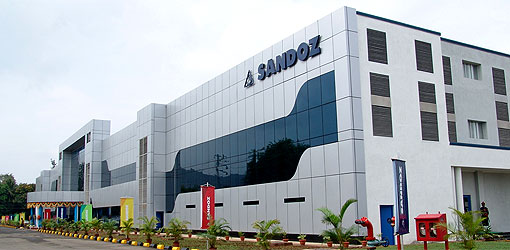Novartis may have found a buyer for Sandoz; report

Just a few weeks after Novartis revealed it was considering a sale of its generics business Sandoz, there are reports that a potential buyer has already come forward.
A report by German newspaper Handelsblatt says that investment group EQT and the German Struengmann family are considering a CHF 20 billion ($21.6 billion) bid for Sandoz – right in the ballpark of what analysts have suggested the business should be worth.
The paper cites people close to the matter in the article, who say the investors have already collaborated on some projects and may welcome other groups into a consortium to buy the division.
Novartis revealed in its third-quarter results statement that it was weighing options for Sandoz to "maximise shareholder value," adding that could include retaining the business or a separation – which could involve a spin-off or outright sale.
Entrepreneur brothers Thomas and Andreas Struengmann – who hold a stake in COVID-19 vaccine developer BioNTech – have history in the generics sector, having sold drugmaker Hexal to Sandoz in 2005, said Reuters. It also said other private equity groups have taken an interest in Sandoz.
Novartis has been steadily trimming down its focus in recent years, cashing in non-core business to generate billions of dollars and reinvesting the proceeds in its pharma R&D pipeline.
It exited a consumer healthcare joint venture with GlaxoSmithKline in 2018, and within the last decade also sold off its vaccines division to GSK, its animal health unit to Eli Lilly and a blood diagnostics business to Grifols.
Sandoz sales and operating income declined in the third quarter, thanks to downward pricing pressure that was particularly strong in the US. Net sales in the first nine months of the year were $7.1 billion, down 4%, with the US business down 17%.
Switzerland's Social Democratic Party has argued that the government should step in and acquire Sandoz if it is put up for sale, saying that would help democratise the production and development of new medicines, maintain a stable supply of affordable drugs, and allow less profitable R&D to be carried out with state support.












